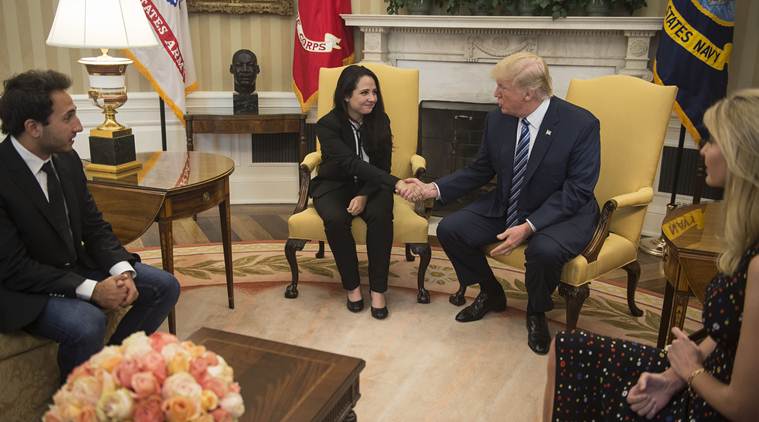
Written by David D Kirkpatrick
A dual citizen of Saudi Arabia and the United States had been imprisoned in the Ritz Carlton in Riyadh for about a week when he heard a knock on his door.
Guards dragged Walid Fitaihi, a Harvard-trained physician, to another room, according to a friend who took down the prisoner’s detailed account of his treatment. Fitaihi told the friend he was slapped, blindfolded, stripped to his underwear and bound to a chair. He was shocked with electricity in what appears to have been a single session of torture that lasted about an hour.
His tormentors whipped his back so severely that he could not sleep on it for days, his friend said, speaking on condition of anonymity to avoid reprisals. The doctor had described the physical abuse, in general terms, to his relatives as well, a person close to them said.
Detained in November 2017 in what was billed as a crackdown on corruption, Fitaihi, 54, remains imprisoned without any public charges or trial. About 200 prominent Saudis were detained with him, and he is one of dozens who remain in prison.
Friends and families of others detained have also described episodes of torture. At least 17 detainees were hospitalized soon after the crackdown for injuries suffered while in custody, according to a doctor at the hospital and a US official monitoring the crackdown.
But Fitaihi’s US citizenship means that his mistreatment, which has not been previously reported, may now pose a special threat to Saudi relations with Washington.
The Trump administration is struggling to quell a bipartisan backlash against the kingdom over the killing last fall of Saudi dissident Jamal Khashoggi.
American friends of Fitaihi are stepping up a campaign to press Washington to take up his case.
Saudi officials have denied any mistreatment of detainees. A spokesman for the Saudi Embassy in Washington said the kingdom has signed the convention against torture and prohibits its use.
“The Kingdom of Saudi Arabia takes any and all allegations of ill treatment of defendants awaiting trial or prisoners serving their sentences very seriously,” the spokesman said.